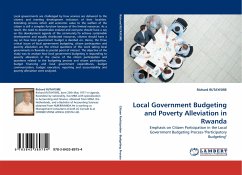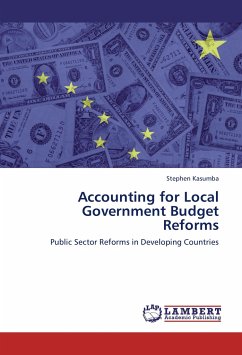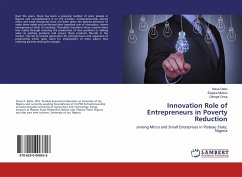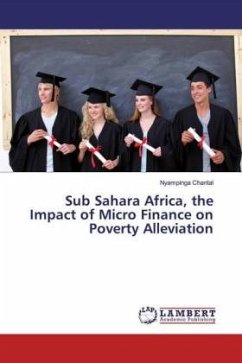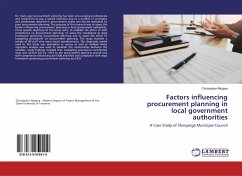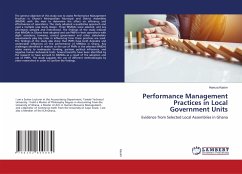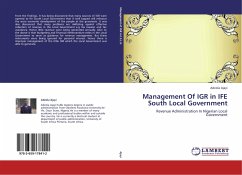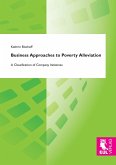Local governments are challenged by how services are delivered to the citizens and meeting development indicators of their localities. Extending services which add economic value to the welfare of the citizen is still a complex function because of the limited resources. As a result, the need to decentralize evolved and everyone should have a say on the development agenda of the community.To achieve sustainable development and equally distributed resources, citizens should have a say on how local government budget is decided on. Hence, the three critical issues of local government budgeting, citizen participation and poverty alleviation are the critical questions of this work taking local governments in Rwanda as pivotal point of interest. The objective of the study was to analyze how local government budgeting is responding to poverty alleviation in the course of the citizen participation and questions related to the budgeting process and citizen participation, budget financing and local government expenditures, budget communication, budget execution, reporting and accountability and poverty alleviation were analyzed.
Bitte wählen Sie Ihr Anliegen aus.
Rechnungen
Retourenschein anfordern
Bestellstatus
Storno

